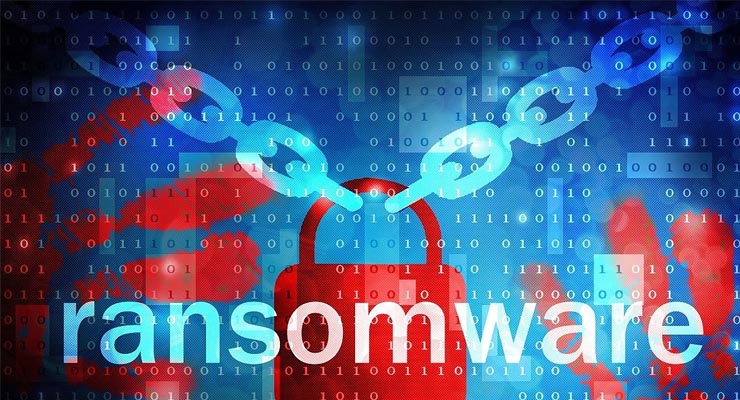5 things you need to do to protect yourself from ransomware
Ransomware is one of the largest, most serious and catastrophic variants of malware emerging from the Internet. Just one accidental infection can encrypt every single file on your computer, and unless you have a recent backup, those files are most likely gone for good.
Ransomware encrypts files on your computer and in many cases, the only way to get them back is to pay the crooks for a decrypt key. And even that doesn’t work most of time.
With a variety of recent and high profile outbreaks such as the May 2017 “WannaCry” infections that used an NSA-discovered exploit in Windows, it is likely that copycats will try and replicate the same amount of success with newer, more sophisticated strains of ransomware.
So here are 5 things you need to do to protect yourself.
Have a backup solution
Backing up your data isn’t just a redundant buzz phrase used by the overly cautious. Hundreds of thousands of computer users have lost countless data over the years at the hands of ransomware (and other IT mishaps) so backing up your data is vital. That way, if you do suffer a ransomware infection, you can retrieve all your files. Having a backup will also protect you against you against any type of data loss. Our recommended backup solutions are here.
Keep your software updated
Many of the recent ransomware campaigns have relied on victims not applying security updates to their systems, much like the WannaCry ransomware. Out-dated software is a risk, and it means you may attract a malware infection without falling for an Internet scam yourself since the malware found a way on to your computer using a software exploit (that would have been fixed if you had the latest security updates!)
Windows, your Internet browser and of course your security software (if you use a third party program) are all musts when it comes to updates, as well as any other software packages you have installed.
Sponsored Content. Continued below...
Seriously rethink your approach to emails (and attachments)
If you open email attachments “out of curiosity” or “just in case” then you’re committing a serious security faux pas and you really need to completely reevaluate your approach to attachments, because it’s only a matter of time before that attachment will infect your computer or network.
Polls constantly suggest that most email users are willing to open email attachments even if they’re not entirely sure what they contain, and this is one of the biggest reasons why ransomware continues to spread so prolifically.
Email attachments are a great way to share files across the Internet, especially for those that cling to email as opposed to more modern services like DropBox. However, you should only open them if you were specifically expecting them from a specific person at a specific time. Those “specifities” help keep you safe.
If you don’t know the sender, or were not expecting an attachment from them, do not open it as this is the primary way ransomware can spread from computer to computer.
Quit unsupported software
You’re not the UK’s NHS. Upgrading your operating system isn’t going to cost millions of pounds. Okay, some people may struggle with the prospect of upgrading from archaic software like Windows XP, but the cost of staying with unsupported software can be much, much greater.
Unsupported software means you will not get security updates, and ransomware strains that use exploits to spread will see you as a sitting duck. So use supported software that can be patched up when exploits are discovered.
Sponsored Content. Continued below...
Stop downloading files from untrusted websites
Every time your browser asks for your permission to install or download something from the Internet, it’s really telling you that a website is asking permission to download something that could do some potentially damaging stuff on your computer, and do you really trust the website not to do that?
If you don’t trust the website you’re on, don’t download anything from it. Just because the website tells you that you’re downloading something harmless – like a video codec or a video player – it doesn’t mean it is. Do your due diligence and if you’re not sure, say no and seek help.
Keep your security software enabled and up-to-date
As a bonus point…
Internet security is obviously a must. Most modern operating systems have pretty decent security software in-built, so just make sure it’s enabled (which it will be unless you turned it off.) For our editors choice security software, see below.

Continued below...
Thanks for reading, we hope this article helped, but before you leave us for greener pastures, please help us out.
We're hoping to be totally ad-free by 2025 - after all, no one likes online adverts, and all they do is get in the way and slow everything down. But of course we still have fees and costs to pay, so please, please consider becoming a Facebook supporter! It costs only 0.99p (~$1.30) a month (you can stop at any time) and ensures we can still keep posting Cybersecurity themed content to help keep our communities safe and scam-free. You can subscribe here
Remember, we're active on social media - so follow us on Facebook, Bluesky, Instagram and X
